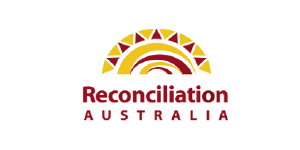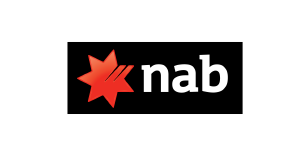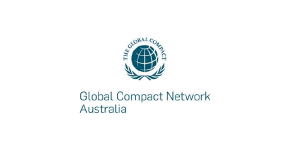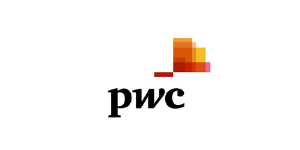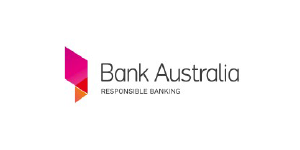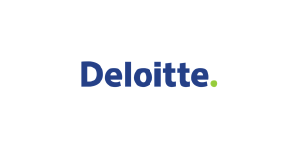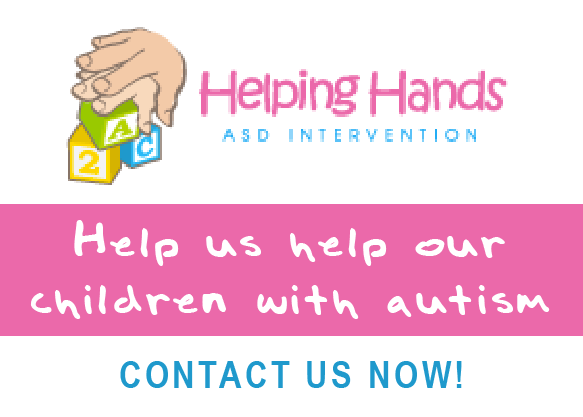
The GCNA’s Top 10 Business & Human Rights Developments from 2015 and What’s Next for 2016?
2015 marked a significant year for the business and human rights agenda, both within Australia and abroad.
Spurred on by increasing legal, commercial and reputational risks associated with not respecting human rights, 2015 saw many significant developments in the business and human rights space. The Global Compact Network Australia (GCNA) reflected on these developments, and is pleased to share a list of Top 10 Human Rights and Business Developments from 2015, summarised below.
1. Momentum on National Action Plans (NAP) on business and human rights continues to build, with 28 countries that had developed, or were developing, a NAP by the end of 2015.To assist thinking around the potential for an Australian NAP, the GCNA will soon be convening roundtables with Australian businesses to explore this further.
2. The adoption of UK Modern Slavery Act, in October 2015 put a greater focus on transparency.
3.The Corporate Human Rights Benchmark takes shape, with the objective of driving a “race to the top”.
4. The Attorney-General’s Department’s Supply Chains Working Group started developing concrete policy recommendations for the Australian Government.
5. The UN Guiding Principles Reporting Framework was launched with Unilever the first company to issue a comprehensive human rights report.
6. The Sustainable Development Goals (SDGs) were launched, providing a powerful aspiration and unifying framework for an inclusive, sustainable future.
7. Focus continues on access to remedy for human rights abuses, with progress through the OHCHR Accountability and Remedy Project.
8. Mainstream Australian media interest in business and human rights issues intensified – a trend we expect to continue in 2016. The focus has also increasingly turned to human rights risks companies face within Australia, ranging from issue around migrant workers’ rights to land access.
9. Australian engagement in the Voluntary Principles on Security and Human Rights (VPs) continues to grow.
10.Dialogue continues around the potential for a binding international treaty on business and human rights.
Read more about these developments here.
If you are looking to further your understanding of what these developments mean for business in 2016, join the GCNA’s webinar on Key Trends in business and human rights for 2016: What business needs to know (Thursday, 11 February 2016, 12pm- 1pm AEDT (Register)). The webinar will hear from human rights experts and business leaders on where their human rights-related efforts will be focused in 2016.









